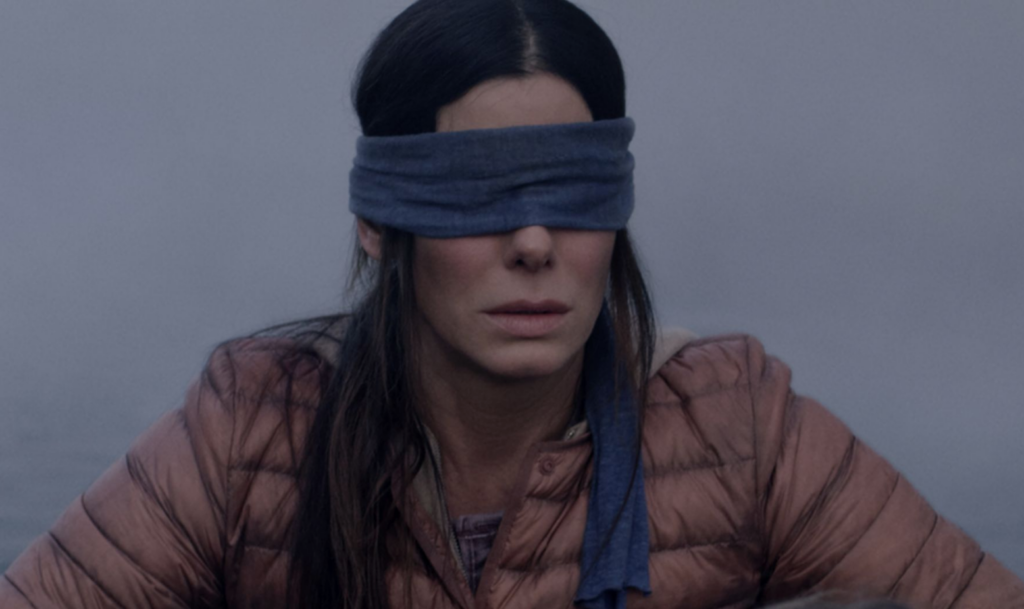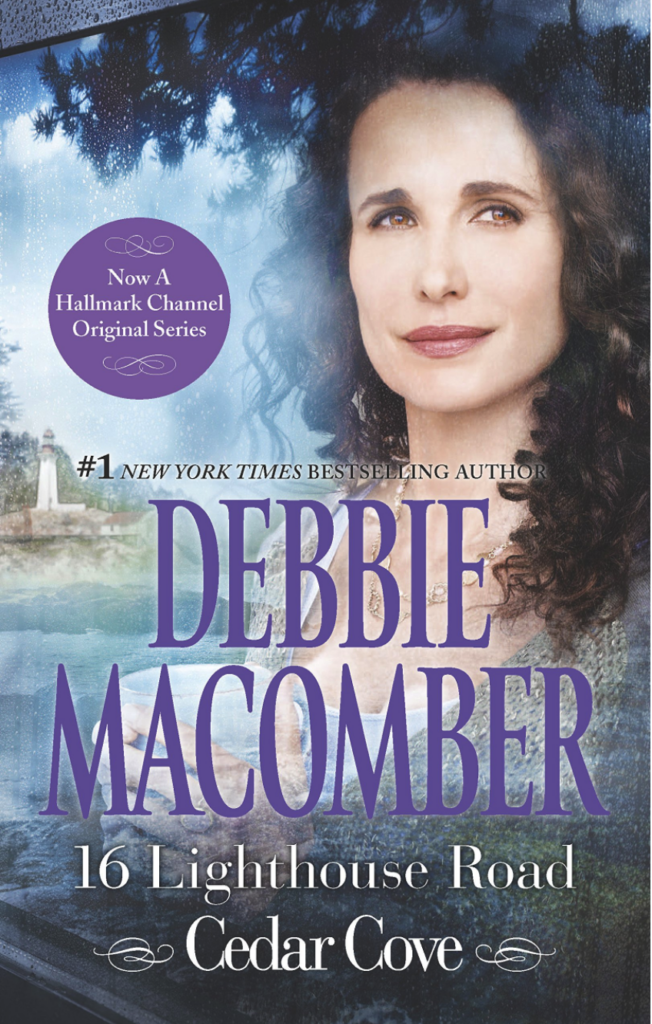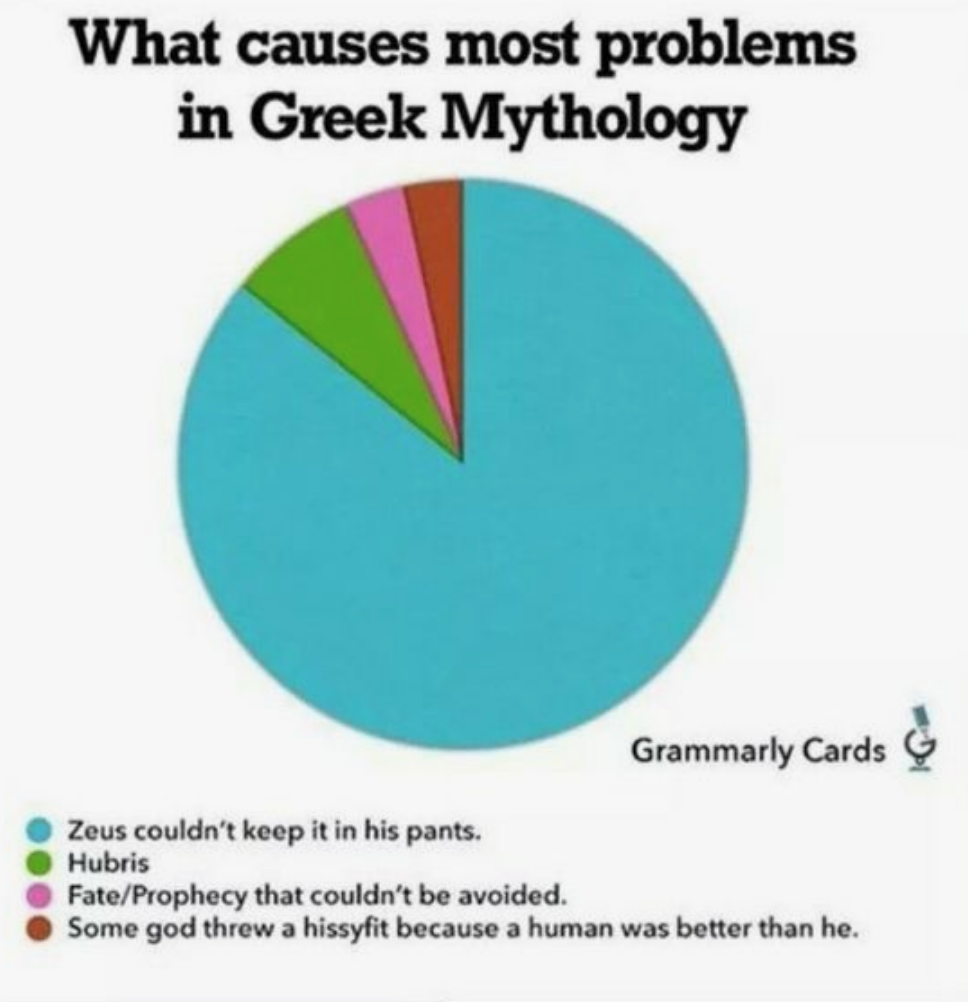
Evil fascinates us, and has since the dawn of human consciousness. I continually emphasize that humans are story creatures, which is good news for writers, since we’re in the story business.
Though not all stories face off evil directly, all stories must include conflict to be considered a story. Conflict isn’t, per se, evil, but great storytellers paint with words and black is only the farthest extreme. Some stories might demand a LOT of black, but others will likely run along the spectrum of “evil.”
No, the department’s budget cuts that force your MC (Main Character) to lay off twenty hardworking people she cares about isn’t, per se, evil at work, but maybe it is. For your MC? It sure feels close to it in the moment. Especially when the cowards higher up force her to wield the ax hand out the pink slips…a week before Christmas.
***Quick question. Does anyone know what jerk made the official note you have NO JOB…pink? I could google it but I bet y’all have WAY better “answers” (place in comments, please) #PlotBunnyAlert.
Moving on…
Writers Must Embrace “Evil”
No, I don’t mean sacrificing your kid’s Reese’s Peanut Butter Cups that you took as a Halloween “Candy Tax” to the Dark Lord to become best-selling authors. I mean that one of the reasons writers freak out ‘normal people’ is guess what, Kiddies?
Y’all ain’t normal.
Sorry. Maybe I should have led into that. Prepped y’all better. Eased you into it.
Alas, sadly (or awesomely) The Normal Ship sailed away long ago while we were all looking at new journals many of us will never write in #TooPretty.
Now that we’ve settled that you’re not normal, it’s okay because normal is highly overrated and frankly doesn’t exist…aside from being a setting on the dryer.
BUT, just because y’all might be ‘Abby Normal,’ doesn’t mean you (we) don’t need to grow *stern face* .
Why authors, particularly really amazing authors, fascinate regular people is that they have the capacity to torture their characters.
In fact, the mere existence of SO MUCH angst, drama, upheaval, and inner and outer turmoil in REAL life is precisely WHY audiences love to read the same stuff in amplified form in books or watch it in movies or television series.
Authors like J.K. Rowling, George R.R. Martin, J.D. Robb, Isaac Asimov and other legends (too many to name) have learned not to pull any punches and to keep going for the T.K.O. until the bitter end.
“Evil” Lite

I’m not picking on anyone in particular, because I did the same thing when I was a new writer. Ironically, the very quality we absolutely must possess ‘to DO’ our craft can be actually be our undoing.
We LOVE…words. Often, too much.
In my early attempts at writing stories, everything was amazing, each detail finely and intricately crafted down to the tiniest detail. The problem, however? Everything was awesome.
*hums song from The Lego Movie*
I wrote ‘scenes’ of lazy days in bookstores, fun-filled shopping sprees, dancing in Paris, traveling The Med, on and on. I used words to paint worlds I never could visit in real life, and never wanted to leave. That, however, was not fiction.
Much to my dismay.
Fiction, is an escape…but in a very different way. It isn’t a cruise ship, it’s catharsis. When we strip away all the evil, take away the troubles, flaws, trauma, setbacks, and dirty deeds done dirt cheap, we’re handing our readers a shill.
Or a shell. There’s no STORY.
“Evil” is Essential

See, the entire POINT of story is there is a lot of crap in life we struggle with. Life is messy, chaotic, unfair, unjust, cruel, and sometimes downright terrifying.
We see evil in all its many shades wending through our lives, the lives of others, and often we feel powerless and hopeless. Life is wonderful and precious and beautiful, but those attributes can only be fully experienced when cast against the backdrop of loss, frailty, hardship, pain, and suffering.
The point of all this isn’t to depress you, dear writer, rather it is to clarify your mission. There are hurting people out there living in a world where the rules are patently unfair. STORIES, however, allow them an escape where the rules work in their favor for a change.
Even those stories where everything isn’t neatly wrapped up with a bow at the end, the story itself brings order to chaos, which offers the tormented soul a respite.
Good stories make us think, talk, question, examine, and reexamine not because the writer wrote a glorious description of a moonlit night, but because the writer posed questions not easily answered.
For instance, Josh Malerman’s Bird Box, is a terrifying story just by genre. I’ll grant that.

Beautifully written novel. Yet, what grabbed me more than the prose was the story, the people and how they all reacted so differently to the same problem. What still staggers me is how many questions this story engendered, questions that I can’t easily answer.
Exactly what were people seeing that made them react that way? Were the crazy people really immune or simply crazy? If my survival rested on moving silently without use of my primary sense (sight), could I?
*crinkles bag of chips while pondering*
Nope. Strong nope there. Okay, ONE easy answer.
Chaos & Clarity

This blog covers many genres and forms of writing. Maybe you aren’t writing horror, dystopian, thriller, or science fiction. It doesn’t matter. Think about some of the most successful ‘book empires,’ for lack of a better term.
Debbie Macomber has written more books than I care to count. Her Cedar Cove series was adapted into a television series of the same name. No serial killers, doomed spirits, warlords, exorcisms, or fallen gods visiting Earth through a rip in space-time.
Nope.
Just humans, doing very human things, making very human choices/mistakes and having very human flaws and failings.
But why was a series like Cedar Cove so incredibly popular? Because, first of all, her world became a character (that’s for another post). Also?
She was brave enough to be honest.
Granted, my personal preferences are far more gritty (which is likely why I probably creep people out WAY more than a meeting with the lovely Debbie Macomber).

But, the first book in the Cedar Cove series, 16 Lighthouse Road, is about a woman who falls in love with a Navy submariner just after New Year’s Eve, gets pregnant, then complicates her life even further by marrying him. Complicates, as in she’s ill-prepared for the nomadic and lonely aspects of military life.
While her husband is at sea, their daughter is born premature and with a heart issue. Celia is forced to make life-and-death decisions by herself. Then, her daughter dies and Celia must bury her baby alone. Her mother tried to be there, but a storm delayed her flight. And her father? He’s is emotionally unavailable, and only good for a hastily written sympathy card, and little more.
Though Celia had sent message after message to her husband, Ian, about the problems with their infant, she never received a single reply. Her husband was on a nuclear sub under the polar ice caps at the time. The Navy limited all messages to 50-word “family grams.”
To make matters worse, Ian’s commanding officer decided to withhold the messages until he completed his ten-week tour. Not that it mattered much. Even if he’d known, what could he have done? Or said?
By the time her husband returns, he’s a wreck, but no explanations or apologies are enough.
She wants out. The only answer is divorce.
Or is it?
“Evil” Has Layers and Hues
The reason books like those in the Cedar Cove series resonate is they are LIFE in distillate. All of us (whether we read this genre or not) can relate to some aspect of all the story contains. Sometimes life hands us a no-win situation. We might not make a bad choice, only choose the least crappy of all way crappier choices.
We understand anger, rash decisions, disease, death, heartbreak, others who fail us when we need them most, or even judging people too harshly because we’re trapped in our own shame and guilt.
When people think “EVIL” or even about “CONFLICT” they immediately conjure spy movies, thrillers, horror or dystopian, but didn’t your guts just twist with that little bit of description of a HALLMARK STORY? Did anyone do anything particularly evil or even WRONG? Yet what a MESS! How many of us understand messes like these all too well?
So I ask you. When it comes to storytelling, how many of us are holding back?
We fashion our worlds or characters as if they’re blown glass, when they shouldn’t be.
Blown glass characters are good for sitting on a shelf…much like boring, unread books.
Characters and stories worth reading (and then worth reading again and again) are forged in the fires and furnaces of literal or personal HELL. They are pounded, forged, hammered, reshaped, tossed back into the forge again and again until they finally emerge as something magnificent.
Bad Decisions Make Great Fiction

Villains are incredibly interesting characters, though not exactly the same as what I call the Big Boss Troublemaker (core antagonist). Not all stories have villains, but all stories must have a core antagonist that creates the main problem in need of resolution by Act Three.
Yet, though the antagonist creates the problem, it’s actually the MC and his/her allies who generate a lot of the page-turning tension. It’s their human failings, weaknesses and bad or at least less-than-perfect decisions that make the story interesting.
Readers love stories for many reasons. It’s comforting to know that even people who make dumb (or horrible) decisions can turn out to be heroes. We like to know we’re not alone, and stories allow us to experience emotions in a sort of ‘safe space’ through imaginary people in a made up world.
They give us tools to handle life and see it through many different lenses to enjoy it more fully. We forgive ourselves or others, feel empathy, compassion, see life through perspectives other than our own. All this makes us more fully…human.
Stories aren’t there to offer spa music, unobstructed vistas, massage chairs and endless buffets of treats.
That’s an oasis, not an odyssey.
In the end, be bold! Forget blown glass worlds, blown glass stories peopled with blown glass figurines. They’re pretty to behold, but can’t withstand pressure required to deliver a heart-pounding story guaranteed to keep readers up way past bedtime wanting to know how it all works out.
A Little More “Evil“
Here are some other posts that might help you on this topic that I’ve pulled from the archives.
The Brain Behind the Story: The Big Boss Troublemaker (BBT)
The Evil Has Landed: Villains Could Be Much Like You…or Even Me
Bring on the BINGE! Creating Villains Audiences Can’t Get Enough Of
How to Create Legendary Villains
Enemy Without a Face: When Dealing With a Different Sort of ‘Villain’
I hope this all helps you guys with your writing journey!
What Are Your Thoughts? I LOVE Hearing From You!
And I am NOT googling who made pink slips pink. Though I am TOTALLY open for the best conspiracy theories in the comments! The wilder and weirder the better. Come on, we all need a good laugh right now.
Did this help clarify what might be missing in your writing? Are you coddling your characters too much? Maybe being too heavy handed with BLACK instead of layering in some pearl grays here and there? Can you see areas where you might be able to make your characters work that much harder?
We (readers) LOVE that! Who wants to watch any sports match where the score is like 120 to ZIP? BORING! We want characters (heroes) to suffer! To work for it! Yes, we will scream and shout and call you names, but we’ll love you in the end after we forgive you for keeping us up until 4:00 a.m. #PinkiePromise
So let’s chat!








7 comments
3 pings
Skip to comment form
Thank you for reiterating this and for giving me renewed ambition! ?
Pink slips used to be red slips, the dark red of blood, because then the blood of the fired person wouldn’t show up when he or she slit his/her wrists in despair. Unfortunately, the black writing on the paper could barely be distinguished from the dark red of the paper so the person it was given to couldn’t tell what was written on it.
“Oh, hey! Thanks for the Christmas wrapping paper. There’s just enough here to wrap the thimble I was going to give my mom.”
That’s when some brilliant person decided to go with pale pink. The color is still in the red-spectrum, but the words “You’re fired” can be seen on it. Well, so can the red splatters from the afore-mentioned wrist-slitting, but this time they can be passed off as red polka dots.
Author
Brilliant!
It’s as painter Bob Ross said, “You need dark to show light.”
But writing villains allow us to let our own Evil Twin Skippy out to play. There’s a reason the old morality plays showed the Fun of Sinning right up front. Part of us says, ‘yes, Dexter is bad…but you know, he only goes after the *really* bad guys’. And there are days when it’s just plain fun to write the Villain’s point of view. Mwa ha ha…oops, time for my meds!
So, I did Google Pink Slip and the answer most provided was that pink paper stood out against all the white paper that might be on an employee’s desk, so the looser wouldn’t overlook the notice that he/she just got the boot. Seems like a chicken-sh*t way to tell someone they’ve just lost their job.
And a BIG THANK YOU, Kristen for all your wonderful blog posts over the years. You have helped push me past a lot of my fears, and helped me to focus on being a better writer. This year (in the midst of a pandemic) I have published the first two books in my five book series; Mark of the Faerie. Though it’s been an uphill crawl, it’s been a very rewarding journey.
Keep up the good fight.
Thank you for a wonderful, useful and interesting post. I like writing villains, too. I have a charming and charismatic villain in one series. He’s fun to write.
Then again, in another book I have a ‘villain of wrong choices’. Not a specific person, but many choices that go wrong. This book is in its final stages of the rewrites and is almost ready to be submitted to my publisher.
[…] EVIL: Our Love-Hate Relationship With Mischief, Mayhem & Destruction […]
[…] Continue reading HERE […]
[…] my opinion? Bird Box. Josh Malerman’s Bird Box wasn’t just a beautifully written and utterly terrifying book, but the story concept translated extremely well to screen and was a massively successful […]